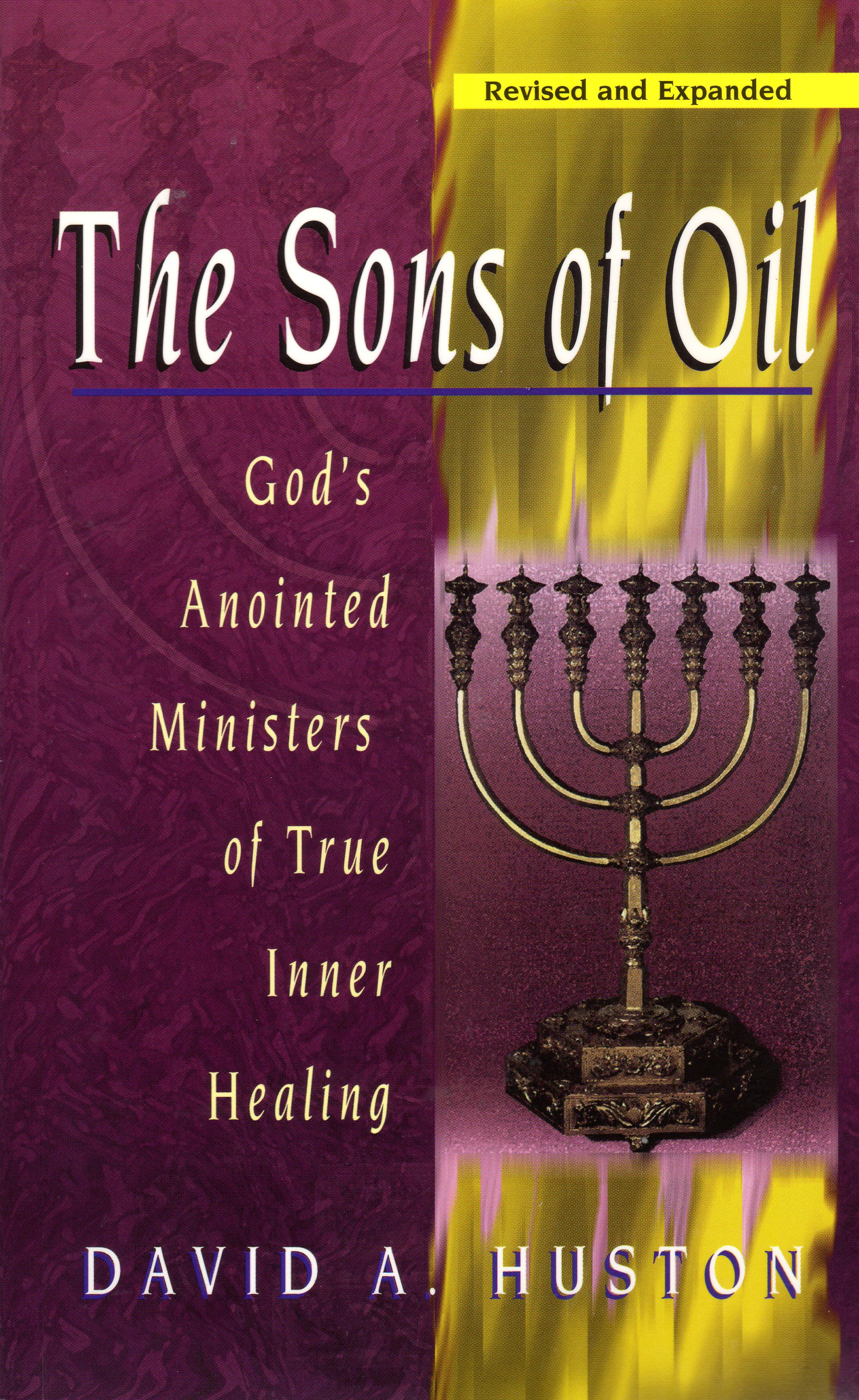When Zechariah wrote about the sons of oil, the word translated “oil” was yitzhar. This is not the ordinary Hebrew word for oil (shemen), because those engaged in the work of leading believers into wholeness in Christ are not doing ordinary work. Yitzhar refers to the very best oil, even the best of the best. It refers to what we would call “extra, extra virgin oil.” This is the oil derived from a single crushing of the olive. It is the finest, purest, and most precious oil.

By David A. Huston
To View the Entire Article, Click Here
To Download the Entire Article, Outline, or PowerPoint, Click Here
“Therefore they shall come and sing in the height of Zion, streaming to the goodness of the Low; for wheat [the Word] and new wine [the blood] and oil [yitzhar], for the young of the flock and the herd; their souls shall be like a well-watered garden, and they shall sorrow no more at all.” Jeremiah 31:12
The preaching of the Gospel is what brings people into the Kingdom of God and sets them on the narrow way that leads to everlasting life. But if they are to finish their course, they must “lay aside every weight, and the sin which so easily ensnares” them (Hebrews 12:1).
The weight of a broken heart, of a bruised and shattered spirit, can keep even the most sincere believer from progressing. The hurts of the past must be healed, and the renewing power of God’s Spirit must be allowed to work. The heavy load of being held captive by habits must be relieved through the delivering power of the Messiah. And the hindrance of blindness to spiritual truths must be overcome by the illuminating power of the anointed Word. The burden of having one’s behavior bound by the life-shattering experiences of the past must be submitted to Jesus, who alone can grant the liberty to be changed into His image.
Perhaps the heaviest weight that any new believer carries is dealt with by Jesus Christ’s statement in Luke 4:19 that He came to proclaim “the acceptable year of the LORD.” Weymouth’s version translates this phrase, “the year of acceptance with the LORD.” Schonfield’s New Testament calls this, “the Lord’s amnesty year.” The Knox New Testament reads, “to proclaim a year when men may find acceptance with the Lord.” And The Emphasized New Testament says, “the welcome year of the Lord.”
Everyone coming to God struggles to some degree under the crippling weight of feelings of rejection. Ministering Christians must help those in their care to see that our Savior knows what it means to be “despised and rejected of men” (Isaiah 53:3, KJV). We have a High Priest who can “sympathize with our weaknesses” (Hebrews 4:15).
The Gospel of Jesus Christ is the proclamation that although a person may feel rejected, the God of Creation accepts him—just as he is. He will not leave him just as he is, however; for acceptance is not the same as approval.
What an uplifting and energizing thought to know that the Almighty God really cares! This is the message that all believers must see and accept right from the start in their walk with God. They must see it in the Word, and they must feel it in the unconditional acceptance offered by their brothers and sisters in the Lord. As the sons of oil, we must model God’s attitude of acceptance (as distinguished from approval).
To View the Entire Article, Click Here
To Download the Entire Article, Outline, or PowerPoint, Click Here



